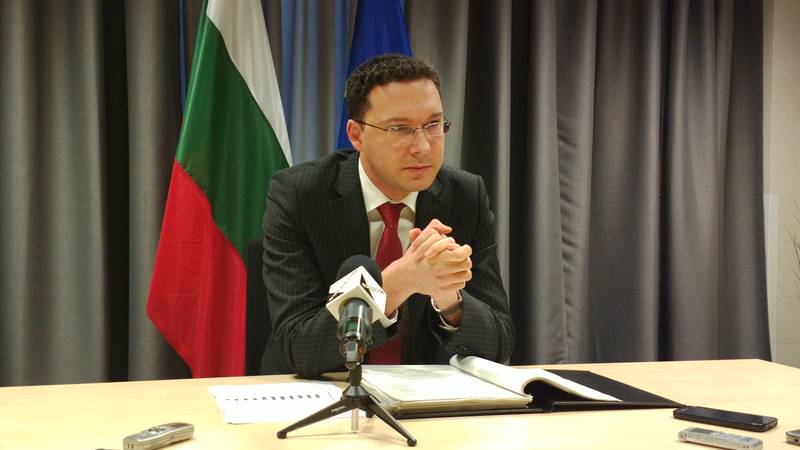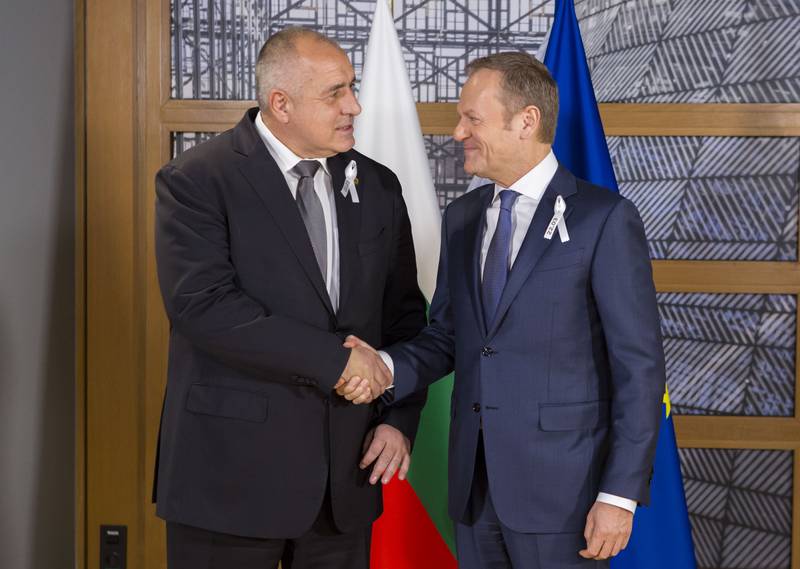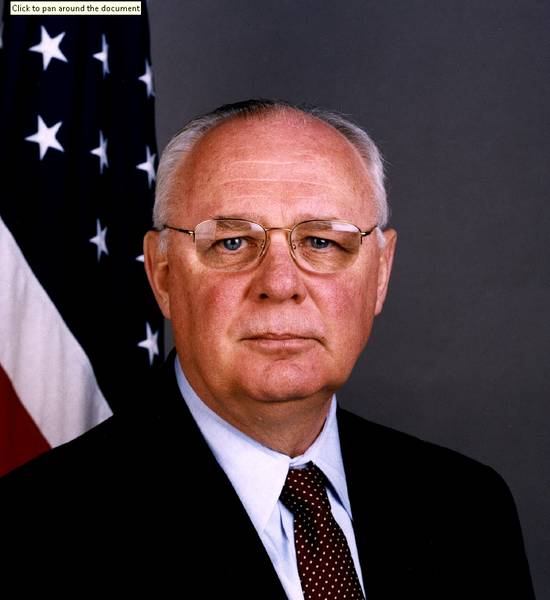Bulgaria Is To Blame Itself whereas Russia Should Be Concerned with Its Own Economy
Adelina Marini, December 16, 2014
 Bulgaria's economic problems are due to the consequences of the global economic crisis and of bad governance, said Bulgaria's Foreign Minister Daniel Mitov in Brussels asked to comment on another interview [in Russian language] of a Russian high official claiming that membership in the EU is bad. On Monday, the Russian newspaper Nezavisimaya Gazeta published an interview with Russia's Prime Minister Dimitry Medvedev who, while speaking about the damages of a potential association of Ukraine with the EU, gives the example of Bulgaria. "No one is burning with desire to give money to Ukraine, even for emergency needs. Europe itself is finding it hard to exit the crisis and Brussels will not Help Ukraine the way they helped Greece in the period of the crisis in 2008", Medvedev says and recommends Kiev to review the situation of "its south-western neighbours". "For example, in Bulgaria, after the country's accession in the EU in 2007, in 6 years the unemployment rose from 6.0% to 11.8%. The flow of foreign investment has fallen in the same period almost 9 times (from 9.051 bn euros to 1.092 bn euros)".
Bulgaria's economic problems are due to the consequences of the global economic crisis and of bad governance, said Bulgaria's Foreign Minister Daniel Mitov in Brussels asked to comment on another interview [in Russian language] of a Russian high official claiming that membership in the EU is bad. On Monday, the Russian newspaper Nezavisimaya Gazeta published an interview with Russia's Prime Minister Dimitry Medvedev who, while speaking about the damages of a potential association of Ukraine with the EU, gives the example of Bulgaria. "No one is burning with desire to give money to Ukraine, even for emergency needs. Europe itself is finding it hard to exit the crisis and Brussels will not Help Ukraine the way they helped Greece in the period of the crisis in 2008", Medvedev says and recommends Kiev to review the situation of "its south-western neighbours". "For example, in Bulgaria, after the country's accession in the EU in 2007, in 6 years the unemployment rose from 6.0% to 11.8%. The flow of foreign investment has fallen in the same period almost 9 times (from 9.051 bn euros to 1.092 bn euros)".
This statement provoked a sharp reaction in Bulgaria by the foreign minister, according to whom "It has become a trend, an unpleasant trend, that we are criticised from places where, to be honest, it is not right such criticism to come from". He refuted the Russian premier's claims, pointing out that his data is manipulative because, until Bulgaria's accession to the EU, the global economy was on a powerful rise but then, as happened to many other countries, Bulgaria suffered from the consequences of the crisis. Apart from that, however, Daniel Mitov pointed out the bad governance in Bulgaria. "When we talk about foreign investment they are a direct function of the reform of our judiciary. Foreign investors don't come when they know that they cannot rely on fairness and here, again, the ball is in our court, as is also the downgrade of our credit rating. This is not EU's fault nor anyone else's but the wrong governance in the past year", the minister said.
He advised Russia to be concerned more about its own economic condition. "If I were in the shoes of our critics at the moment, I would be much more worried about the condition of their own economy, about the outflow of foreign investments, about the isolation of their economy, their collapsing national currency and would not give pieces of advice neither to Bulgaria nor to Ukraine or any other country for that matter on how to behave or what geopolitical choices to make. We will continue to support Ukraine in its efforts to do reforms and to go along the path of European integration".
Currently, the Russian economy is feeling painfully the effect of the sanctions and the sharply fallen prices of oil. In response, on 16 December, the Russian central bank has increased the key interest rate to 17% from 10.5% in an attempt to mitigate the shock from the collapse of the rouble. In the summer, 1 dollar was traded for 34 roubles and this week the price doubled - 74 roubles for a dollar. The Russian central bank also expects the country's economy to contract by 4.5% in 2015 if the price of oil stays on average at $60 a barrel, which would be a significant contraction of the gross domestic product. And although there are not huge queues yet, the Russians are starting to turn their savings into dollars.
Dimitry Medvedev is right that the EU and especially the euro area is finding it hard to exit the crisis but he misses the fact that the confidence in the euro is still high and recently the Commission presented a solid plan to boost investments, which focuses mainly on supra national common European infrastructural projects, among which a large part are related to ensuring the Union's energy independence from Russia, whose economy is still very dependent on oil revenues.
 Boyko Borissov, Donald Tusk | © Council of the EU
Boyko Borissov, Donald Tusk | © Council of the EU Boris Johnson | © Council of the EU
Boris Johnson | © Council of the EU James W. Pardew | ©
James W. Pardew | ©